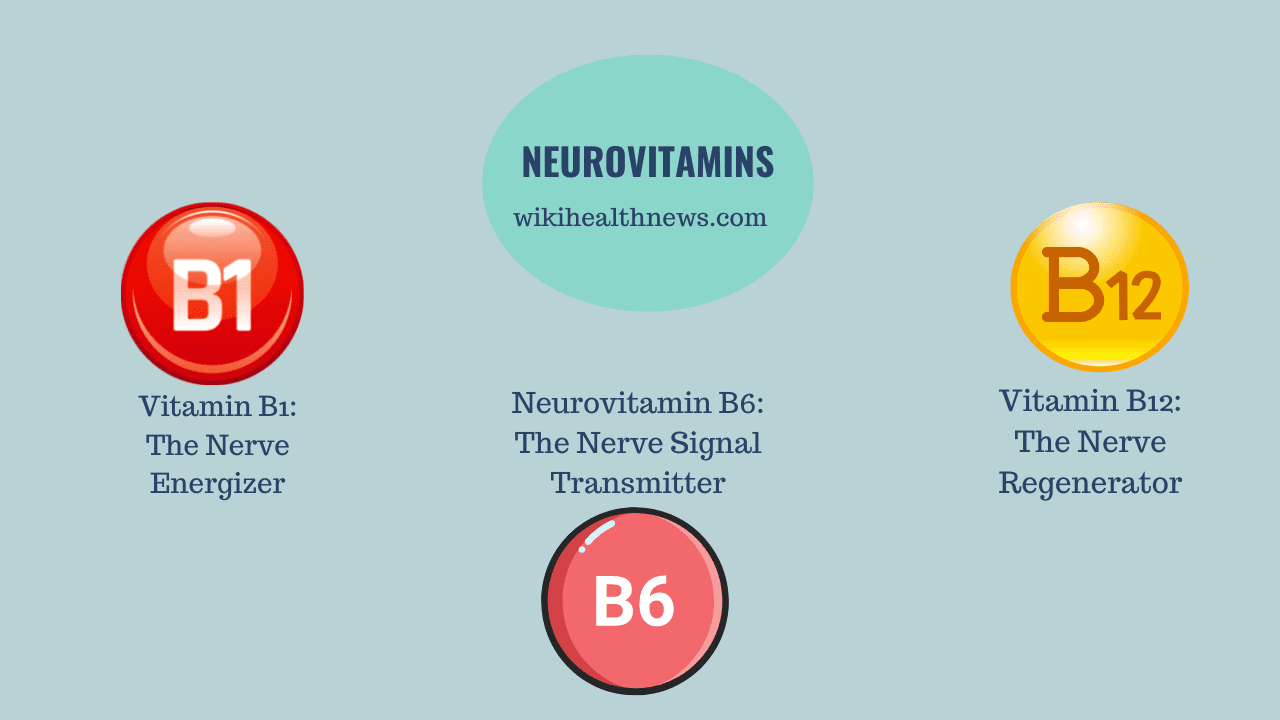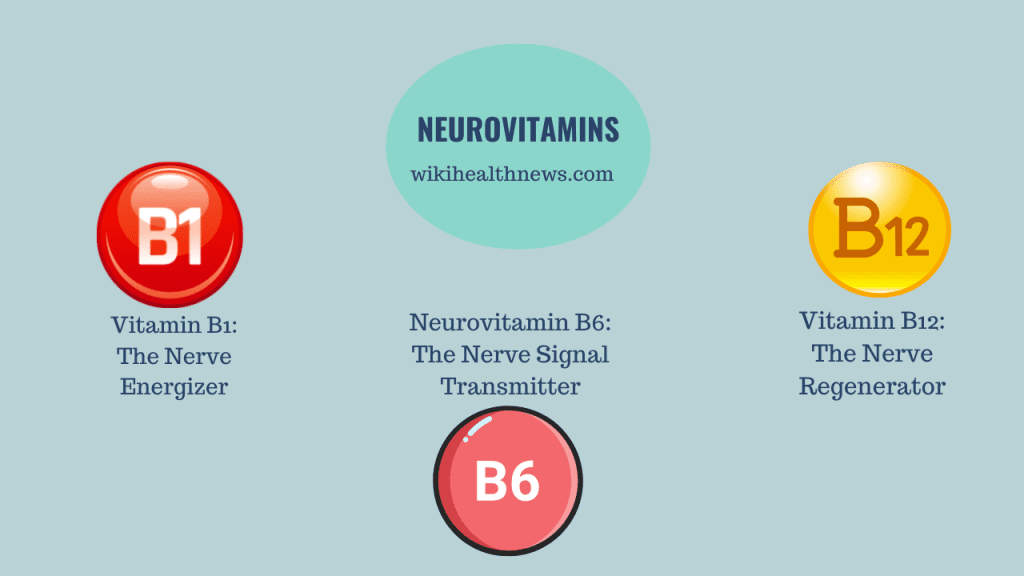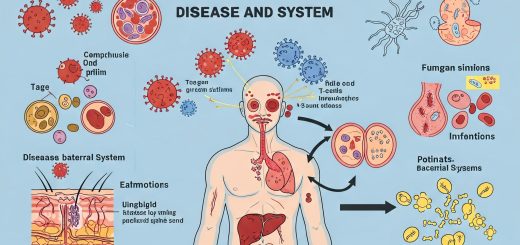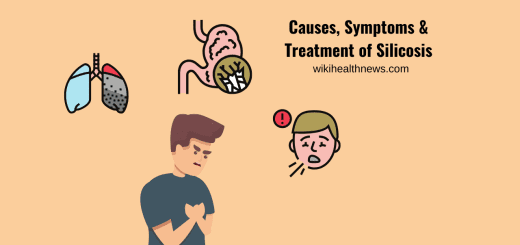Know About Neurovitamins & Their Sources

For healthy nerves, vitamins B1, B6, and B12 are crucial. These vitamins are known as “neurotropic” vitamins because they can aid in the recovery of nerve injury and alleviate its symptoms, such as numbness and tingling.
Each of these neurovitamins play a unique role in maintaining healthy nerves, but they also complement one another, like a close-knit team to mend damaged nerves and maintain a healthy nervous system. According to research, taking a complex of B vitamins(Neurovitamins) may be even more advantageous than taking a single supplement because each of the B vitamins has a unique role.
Vitamin B1: The Nerve Energizer
Thiamine, a form of vitamin B1, supports the health of your nervous system. Because they are unable to store energy, which they consume a lot of, nerves require a steady supply. The process by which carbohydrates are transformed into the energy that nerve cells require to function properly and maintain their health depends critically on vitamin B1.
Some Sources of Vitamin B1
Thiamine is a vitamin that your body cannot make on its own, so it’s critical to consume foods daily that are rich in it. Foods high in these neurovitamins include: Pork , Fish , Rice, Seeds, breakfast cereals fortified.
Neurovitamin B6: The Nerve Signal Transmitter
Pyridoxine, generally known as vitamin B6, is essential for ensuring that your nerve fibres can adequately transport information. By assisting your body in the production of necessary neurotransmitters, which are the chemical messengers that convey signals from your brain to cells throughout your body.
Some Sources of vitamin B6
Vitamin B6-rich foods, such as the following, should be part of a diet that is favorable to the nervous system: Pork or chicken , such as chicken or turkey, Tuna, Veggies, high in starch, (such as potato , dairy and a few enriched grains.

Vitamin B12: The Nerve Regenerator
Due to its critical function in renewing nerve fibers and mending nerve damage, vitamin B12, commonly known as cobalamin, is essential for maintaining healthy nerves. The role vitamin B12 plays in the production of myelin, the substance that forms the protective sheath around the nerve fibers, may be the most significant of vitamin B12’s. For additional information on the myelin sheath and how it affects nerve health.
Some Sources of Vitamin B12
Many common foods naturally contain vitamin B12, including: Meat, Fish, Dairy, Eggs, a few enriched grains. Vitamin B12 is considered the most important of all neurovitamins.
Why Are Neurovitamins important?
Although each neurotropic B vitamin plays a unique role in maintaining the health of your nerves, they all operate in unison to repair, renew, and safeguard the nerve fibers that make up your nervous system. Due to this, research suggests that taking a balanced supplement of the three vitamins B1, B6, and B12 is preferable to taking a single vitamin supplement for symptom relief and nerve function restoration.
The overlap between the diverse functions of the several B vitamins is regarded to be one of the complicated causes of this. Additionally, it is well recognized that a number of circumstances typically contribute to nerve injury. This suggests that to properly address all of the causes of the nerve injury, a combination of neurovitamins may be required.
Who Can Benefit From Taking a B1, B6 and B12 Complex?
- People with diabetes : Up to 50% of diabetics are estimated to have nerve damage. Nerve damage is a risk when blood sugar levels are high. Your doctor may suggest taking a vitamin B supplement along with these neurovitamins if you have diabetes in addition to other preventive measures like cautious blood sugar management and good lifestyle choices to promote the health of your nerves.
- People on special diets : There are many advantages to eating a vegetarian or vegan diet. But some minerals, including vitamin B12, can only be found in animal products. This neurovitamin B12 is obtained from meat and dairy, as well as in fortified foods like yeast extract and morning cereals.
- People with other medical conditions: Peripheral neuropathy is a condition arising from deficiency of neurovitamins. It is frequently seen in shingles (herpes zoster), rheumatoid arthritis, celiac disease, Lyme disease, several malignancies, and other other illnesses that also result from or raise the risk of certain medical issues.
People on certain medication ; There is a chance of nerve injury from some chemotherapy regimens, some antibiotics taken for an extended period of time, and phenytoin use for an extended period of time.
Read More











